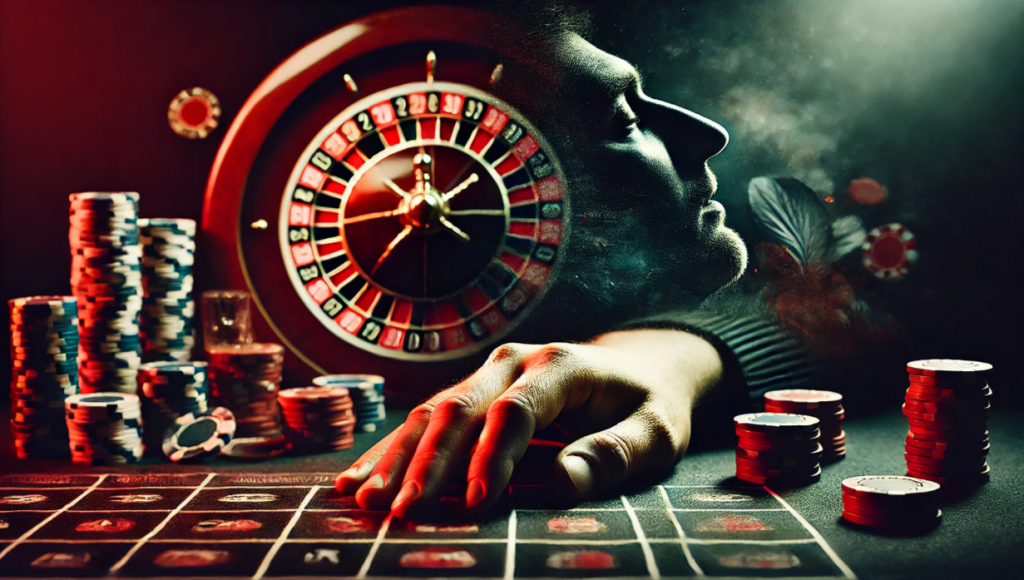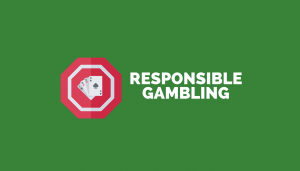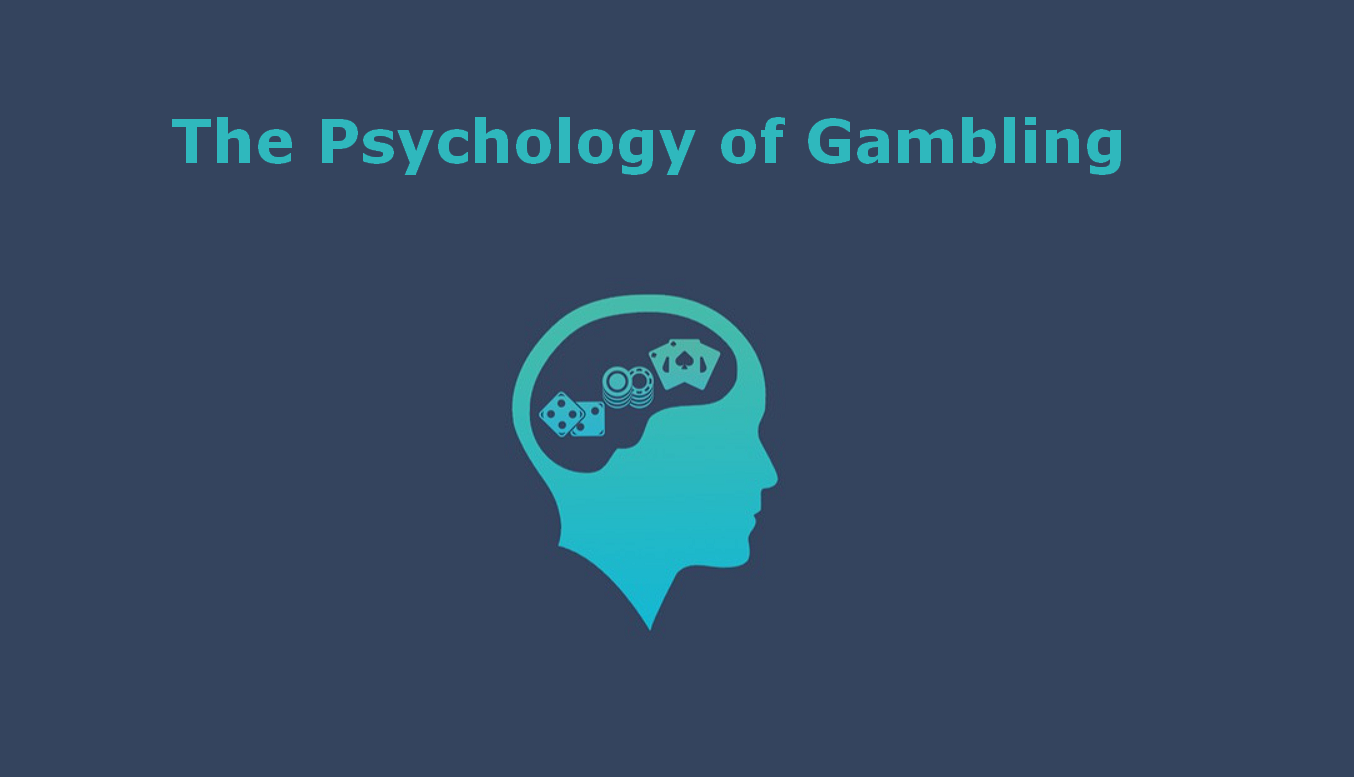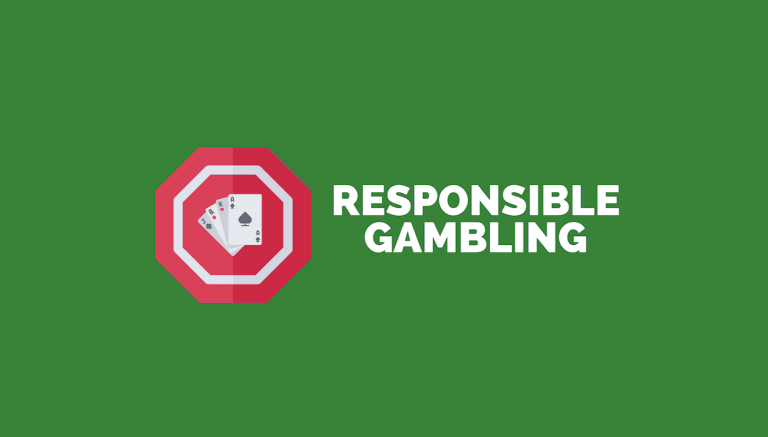Gambling is not merely a game of chance; it’s a complex interplay of psychological factors that can significantly influence a bettor’s experience and decisions. Understanding the psychology behind gambling is essential for any bettor looking to improve their strategy and protect their mental health. This article delves into the key psychological elements of gambling, how they impact decision-making, and practical tips for navigating the betting landscape.
Understanding Gambling Motivation
Reasons People Gamble
Gambling can appeal to people for various reasons, often tied to underlying psychological motivations. Here are some common reasons bettors take to gambling:
- Excitement and Thrill: The adrenaline rush associated with risking money can be exhilarating.
- Social Interaction: Many enjoy the camaraderie found in betting environments, from casinos to online platforms.
- Escape and Relaxation: For some, gambling serves as a distraction from everyday pressures and stressors.
- Financial Gain: The potential to win money is a powerful motivator, appealing to both casual and serious bettors.
Understanding Risk-Taking Behavior
Bettors often exhibit risk-taking behavior, which can be influenced by factors such as personality traits and environmental conditioning. Understanding risk-taking psychology can help bettors make better decisions.
- Personality Traits:
- Impulsivity: Impulsive individuals may gamble without considering the consequences, leading to reckless betting.
- Optimism Bias: Many gamblers possess an overconfidence in their ability to win, often underestimating risks.
- Environmental Factors:
- Peer Influence: Friends and social circles can significantly affect one’s gambling behaviors and attitudes toward risk.

Cognitive Biases in Gambling
Cognitive biases play a crucial role in how bettors perceive risks and make decisions. Here are some common biases that may affect betting behavior:
1. The Gambler’s Fallacy
The gambler’s fallacy is the belief that past events affect future outcomes. For instance, after several losses, a bettor might feel that a win is “due” to happen. This misconception can lead to poor betting choices and significant losses.
2. Confirmation Bias
Confirmation bias occurs when bettors focus on evidence that supports their beliefs while ignoring contradictory information. For example, a bettor might only remember their winning bets and dismiss losses, leading to an inflated sense of skill or understanding.
3. Availability Heuristic
This bias involves making decisions based on recent or memorable events rather than a comprehensive review of all available information. For example, a bettor might recall a friend’s recent win and decide to place a similar bet, ignoring the underlying probabilities.
The Impact of Emotions
Emotional states heavily influence gambling behavior. Bettors should recognize how feelings can cloud judgment and lead to irrational decisions.
1. Loss Aversion
Loss aversion refers to the tendency to prefer avoiding losses over acquiring equivalent gains. This may lead bettors to chase losses, increasing the risk of spiraling into deeper financial trouble.
2. Euphoria and Despair
Winning can create an emotional high, leading to increased risk-taking. Conversely, losing can generate a state of despair, prompting impulsive decisions to recover losses quickly.
3. Controlling Emotional Responses
Bettors should develop strategies to manage their emotions, such as setting strict betting limits and taking breaks to reassess their strategies.
Practical Tips for Bettors
Understanding the psychology of gambling can empower bettors to make informed decisions. Here are some practical tips:
- Set Limits: Always establish a budget and stick to it, regardless of your emotional state.
- Educate Yourself: Knowledge of cognitive biases and psychological triggers can help you avoid common pitfalls.
- Stay Mindful: Regularly assess your emotional state before and during gambling sessions to make rational decisions.
- Take Breaks: If emotions run high or if you’re on a losing streak, take a break. This can help clear your mind and reset your strategy.
Conclusion
The psychology of gambling is a multifaceted field that intertwines emotional, cognitive, and social factors. By understanding these elements, bettors can enhance their strategies, mitigate risks, and approach gambling more responsibly. In a world where the lure of instant gratification is perpetually enticing, knowledge of the psychological factors at play can help create a more strategic and aware betting experience.








